Intensive Docker & K8s Bundle
For only $499 you will have access to all our Docker & Kubernetes courses along with any new content released for them during your membership year.
Get Started Now Free PreviewFor only $499 you will have access to all our Docker & Kubernetes courses along with any new content released for them during your membership year.
Get Started Now Free Preview

This is a comprehensive and advanced training for the engineer who wants to learn the tips and tricks used by top DevOps professionals. You will be challenged to think about what you’re doing and why, with a focus on making you a better engineer.
You don't need to have prior experience with Docker, or Kubernetes. However, it is helpful to be familiar with basic programming concepts (i.e structural vs object oriented programming, command line, etc..).
See course info for more detailed requirements.$499
Beginner - Advanced
60+ Hrs
Contact Advisor
All of our bundles are for a one year subscription.
Purchase our training bundle and save 45% on all of the courses.
Enroll NowPurchase courses individualy and focus on only the training you need.
*Prices vary per course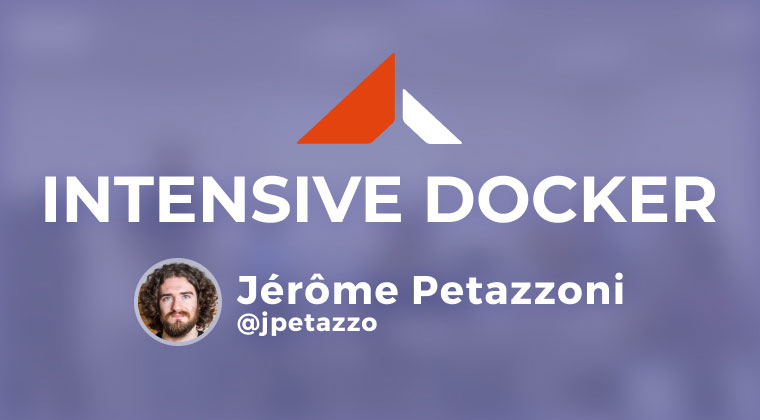
This is a course for devs, ops, architects; all kinds of IT professionals and engineers who need to understand Docker and containers.
with Jérôme PetazzoniShow Details
This course will help you establish foundational concepts of Docker & containers. You’ll complete labs and assignments that will help you become productive at designing, packaging, deploying and operating modern applications.
This course is part of the Intensive Docker & Kubernetes track. Not sold separately.
Note: All of our bundles are for a one-year subscription.
At the end of the subscription period, your membership does not automatically renew.
Requirements:
Purchase a one year subscription to access all of the courses in this bundle on our education platform.
IND BUNDLE Purchase BundlePurchase a one year subscription to access this course on our education platform.
Purchase for $400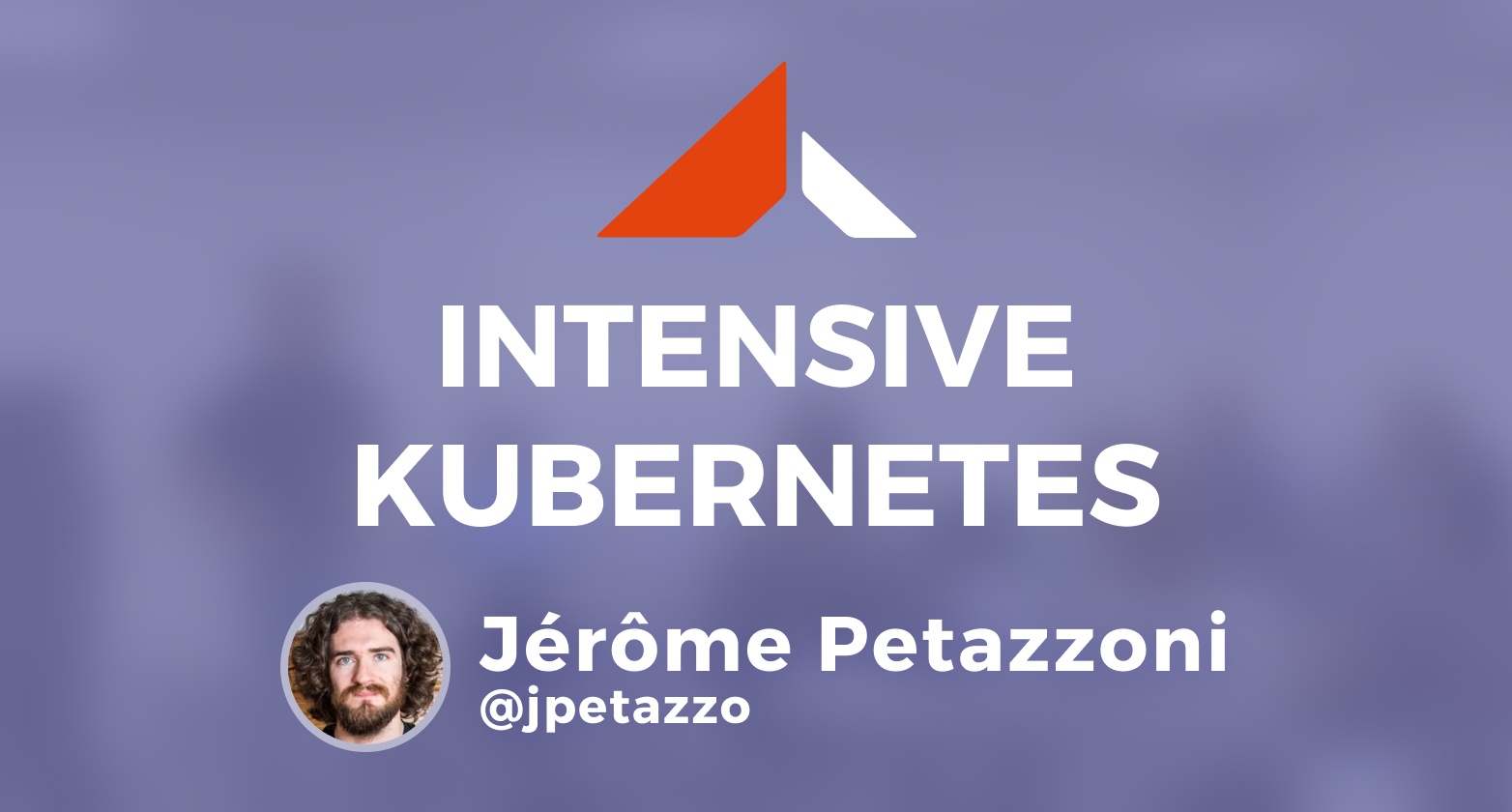
This is a course for devs, ops, architects; all kinds of IT professionals and engineers who need to understand Kubernetes and container orchestration.
with Jérôme PetazzoniShow Details
This is a course for any engineer who needs to deploy, scale, and operate applications in “Cloud Native” environments. You’ll complete labs and assignments that will help you become productive with Kubernetes.
This course is part of the Intensive Docker & Kubernetes track. Not sold separately.
Note: All of our bundles are for a one-year subscription.
At the end of the subscription period, your membership does not automatically renew.
Requirements:
Purchase a one year subscription to access all of the courses in this bundle on our education platform.
IND BUNDLE Purchase BundlePurchase a one year subscription to access this course on our education platform.
Purchase for $400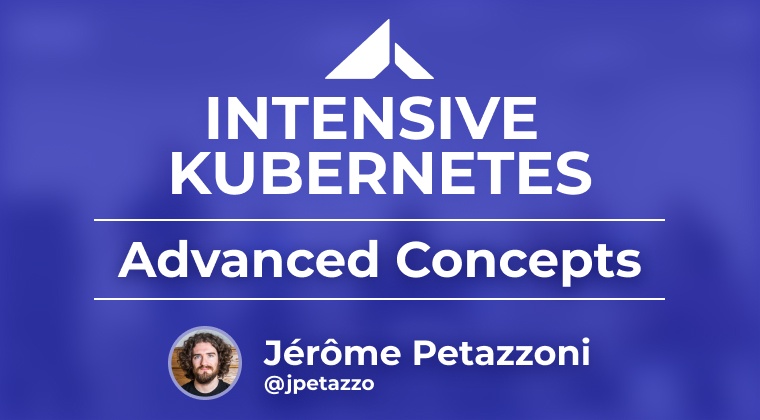
This course covers advanced concepts around application packaging, capacity planning, resource management, security, operators, and the specific mechanisms associated with stateful application deployment.
with Jérôme PetazzoniShow Details
This course is for devs, ops, and architects, who have already started working with Kubernetes and want to learn more advanced concepts. Students will complete numerous labs and exercises.
This course is part of the Intensive Docker & Kubernetes track. Not sold separately.
Note: All of our bundles are for a one-year subscription.
At the end of the subscription period, your membership does not automatically renew.
Requirements:
Purchase a one year subscription to access all of the courses in this bundle on our education platform.
IND BUNDLE Purchase BundlePurchase a one year subscription to access this course on our education platform.
Purchase for $320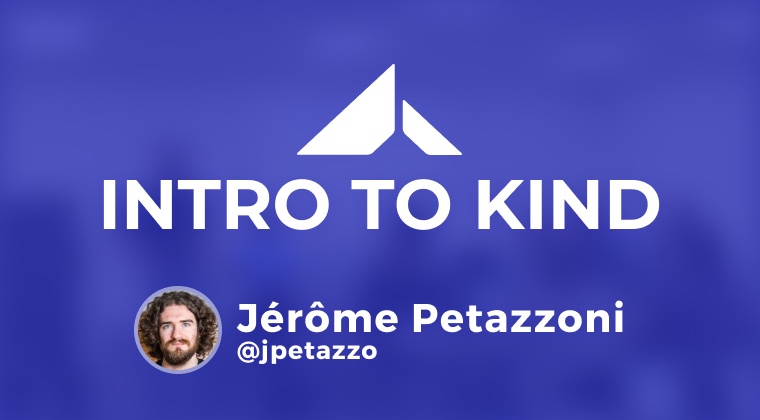
This course is for IT professionals and engineers who need to understand how to get a local Kubernetes development cluster using KinD. Perfect for anyone looking to stage up disposable clusters.
with Jérôme PetazzoniShow Details
Learn how to use KinD (Kubernetes-in-Docker) to get a local Kubernetes cluster across Linux, Mac, and Windows environments.
KinD is primarily used for testing Kubernetes but can also be utilized for local development or CI.
Note: All of our bundles are for a one-year subscription.
At the end of the subscription period, your membership does not automatically renew.
Requirements:
Purchase a one year subscription to access all of the courses in this bundle on our education platform.
IND BUNDLE Purchase BundlePurchase a one year subscription to access this course on our education platform.
Purchase for $100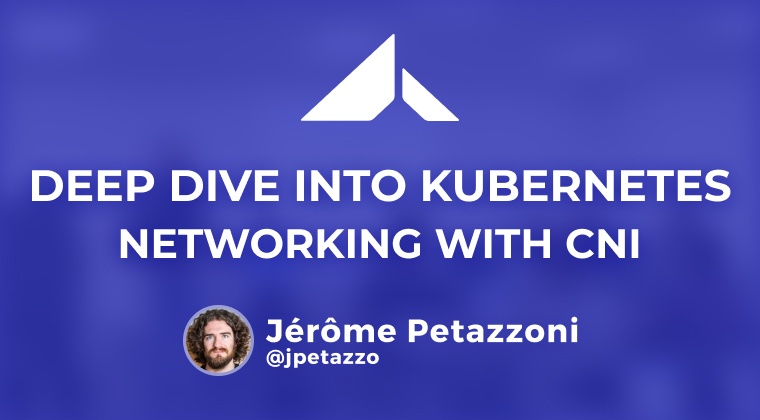
This course covers concepts around the Container Network Interface (CNI) and how pods communicate on Kubernetes.
with Jérôme PetazzoniShow Details
This course is for devs, ops, or even architects, who want to dive deeper into Kubernetes and learn concepts around the Container Network Interface (CNI). We’ll discuss CNI plugins and how pods communicate together on Kubernetes. As an example, we will change the CNI plugin on a live Kubernetes cluster.
This course is part of the Intensive Docker & Kubernetes track. Not sold separately.
Note: All of our bundles are for a one-year subscription.
At the end of the subscription period, your membership does not automatically renew.
Requirements:
Purchase a one year subscription to access all of the courses in this bundle on our education platform.
IND BUNDLE Purchase BundlePurchase a one year subscription to access this course on our education platform.
Purchase for $39.99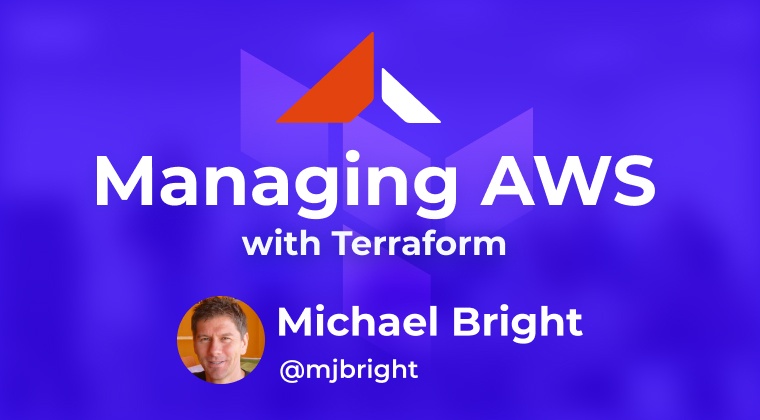
This course explores the basics of using Terraform to manage resources on AWS. Perfect for engineers looking to implement more automation and simplify deployments.
with Michael BrightShow Details
Get started with the basics of Infrastructure-as-code and see a live demo on how to spin up a web server with Terraform.
This course is part of the Intensive Docker & Kubernetes track. Not sold separately.
Note: All of our bundles are for a one-year subscription.
At the end of the subscription period, your membership does not automatically renew.
Requirements: